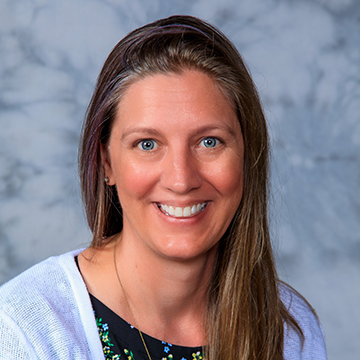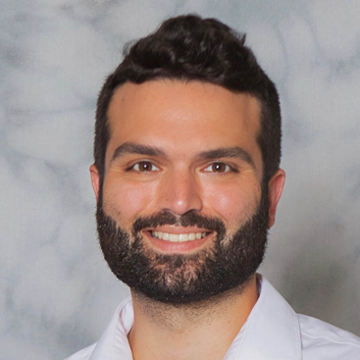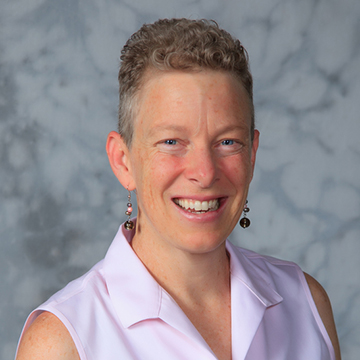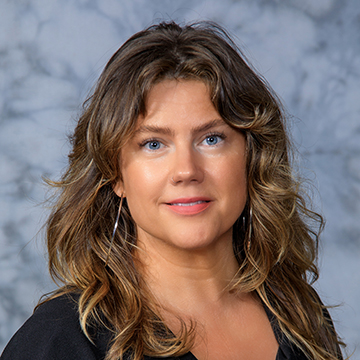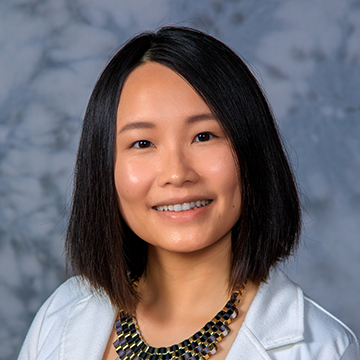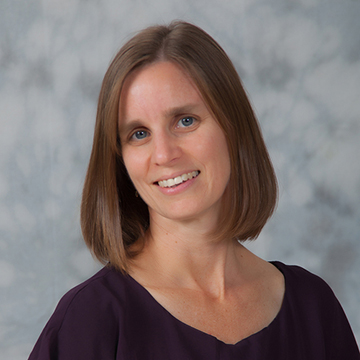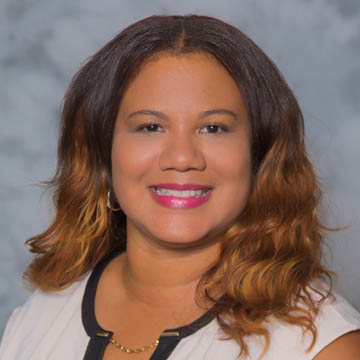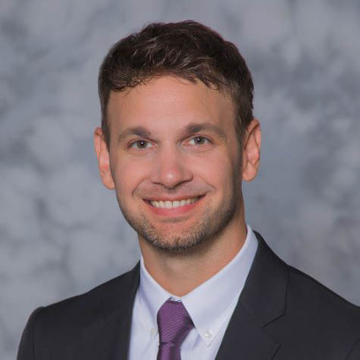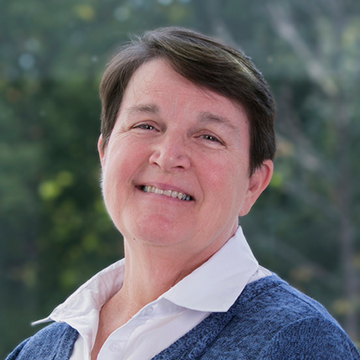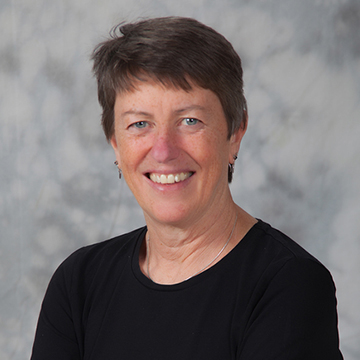
Counseling Psychology (MSCP)
Have questions? We make it easy to get in touch:
Call Us
800-837-1290
Text Us
412-419-3772 (standard text/SMS rates will apply)
Email Us
Request Information
Or, answer a few questions and we will be glad to help.
Counseling Psychology (MSCP) Overview
Recommended and Rolling
Deadlines to submit application and all required materials:
Fall - July 1
Spring - November 1
Preferred deadline of March 15 for full consideration of assistantship opportunities.
48-60
Sixty credits are required for degree conferral. Completion of a sixty credit degree program meets one of the qualifications to become a Licensed Professional Counselor (LPC) in Pennsylvania.
Field Placement
Chatham offers field placement training curriculum, occuring throughout the Western Pennsylvania region and the city of Pittsburgh at a variety of settings. Read more below.
Accreditation
The MS in Counseling Psychology is accredited by the Masters in Psychology and Counseling Accreditation Council (MPCAC) for the period of April 2017-April 2027.
Explore the Counseling Psychology Degree:
The program focuses on the professional, intellectual, and personal growth of students, emphasizing human-centered values as well as evidence-informed treatment approaches.
When looking for a master’s program, I wanted to really focus on my future career and be sure that I had a supportive environment to move me forward. The small class sizes help to create a community, and my professors knew me and my interests. At Chatham, you have the opportunity to find a professor who can nurture and mentor you.
—ERIN TROUP, MS ’08, LPC, NCC, CT
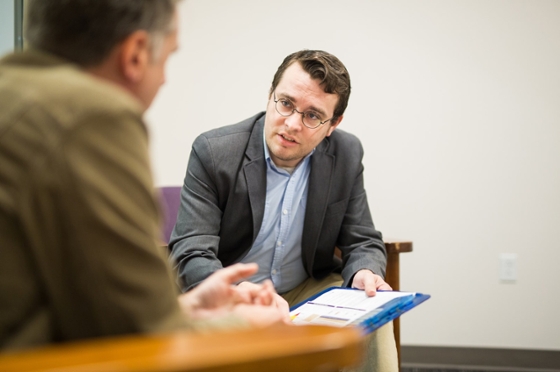
Field Placement Training
Chatham University offers a vibrant and comprehensive field placement training curriculum. The field placement opportunities occur throughout Western Pennsylvania region and the city of Pittsburgh at a variety of settings, including hospitals, community mental health agencies, private practice, and correctional facilities. Populations served by these sites are infants and parents, children, adolescents, adults, and senior citizens working through the range of mental health issues such as depression, anxiety, drug and alcohol abuse, relationship problems, career development issues, eating disorders, and end-of-life concerns.

Graduate Psychology Assistantships
Our competitive Graduate Psychology Assistantships are available to full-time graduate students in the Master of Science in Counseling Psychology (MSCP), the Master of Arts in Psychology (MAP), and Doctor of Psychology in Counseling Psychology (PsyD/EPsyD) programs.
View Funding Opportunities : Checkerboard 2 - Graduate Psychology Assistantships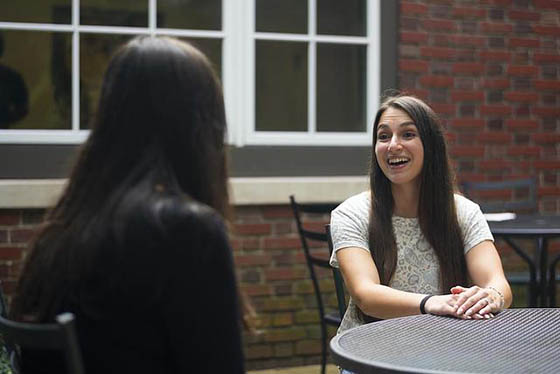
Success Coach Program
Success Coach Graduate Assistants (SCGAs) receive 12 credits of tuition remission and a $6,000 annual stipend in return for working 15 hours per week from mid-July through May to help support undergraduate students in their transition to college.
Explore the SCGA Program : Checkerboard 3 - Success Coach Program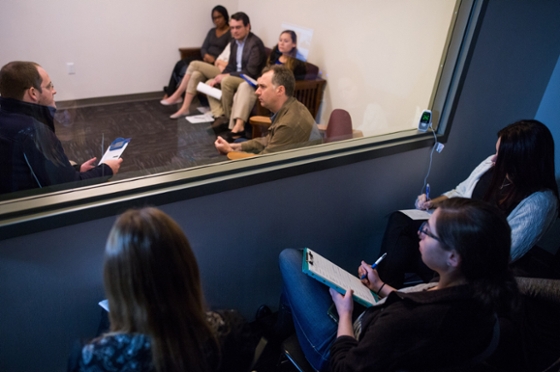
Graduate Counseling Psychology Research
Students have opportunities to engage in a broad array of faculty-led research, from investigating counseling modalities to exploring issues related to diversity and identity.
Explore Graduate Research : Checkerboard 4 - Graduate Counseling Psychology Research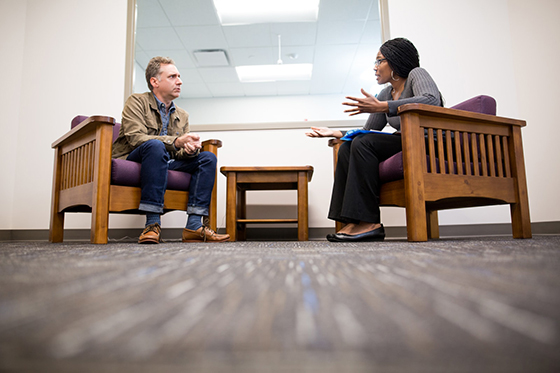
Why Counseling Psychology?
Counseling psychology is a subfield of psychology with specific values focused on strength-based approaches to interventions, multicultural counseling competence, individual differences, human development across the life span, outreach and prevention, social justice and advocacy, relatively brief interventions, and understanding person-environment interactions.

WELL Project
Chatham University’s Counseling Psychology graduate programs received an HRSA-funded Behavioral Workforce Education and Training grant in the Fall of 2017 for the Supporting Wellness: Expanding Psychology Training in Integrated Care Project, or the WELL Project. The project is now completed.
Explore the WELL Project : Checkerboard 6 - WELL Project
HAPPY Project
Chatham University’s Counseling Psychology graduate programs received an HRSA-funded Behavioral Workforce Education and Training grant in fall 2021 for the Healthcare Alliance Promoting Pittsburgh Youth Project (the HAPPY Project).
Explore the HAPPY Project : Checkerboard 7 - HAPPY Project
IM4Q Program
The Independent Monitoring for Quality (IM4Q) Program at Chatham aims to improve the quality of life for people with intellectual disabilities by affording them the opportunity to independently communicate their perception of services provided by Allegheny, Beaver, Greene and Washington County’s contracted residential providers.
Explore the IM4Q Program : Checkerboard 8 - IM4Q Program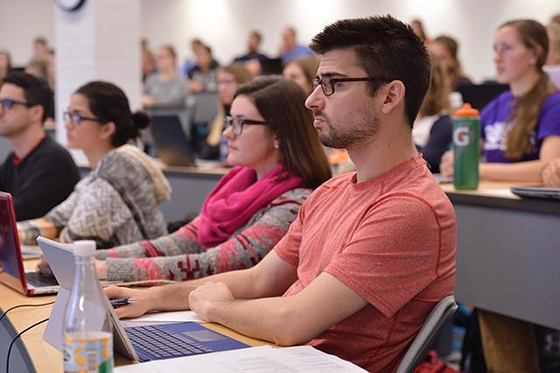
Tuition & Funding
The cost of a graduate degree consists of university tuition (per credit charge), fees, and any other personal expenses you may require for earning your degree. Chatham also offers graduate assistantships, fellowships, and professional campus work positions for many graduate programs that can help make a Chatham graduate education more affordable. Our Financial Aid and Admissions offices will also work with you to understand loan and financing options you may qualify for.
Explore Tuition & Funding : Checkerboard 9 - Tuition & Funding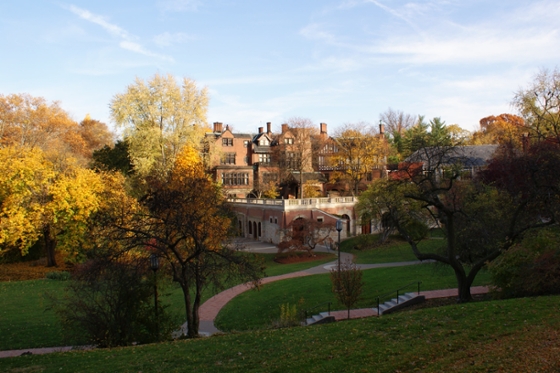
Accreditation
In accordance with the 2017 standards, MPCAC now requires programs to report program statistics (applications, admissions, graduations) and program outcomes on their websites. MPCAC will also need to report on these data for all of our programs in our annual report as part of our own public accountability.
View Full Accreditation Information : Checkerboard 10 - AccreditationRead Our Newsletter
Learn about student and faculty accomplishments, alumni achievements, and various activities that occurred over the last academic year—in Pittsburgh, and all over the country.
View Program Newsletters : Checkerboard 11 - Read Our NewsletterContact Us
For basic inquiries and further information, please email graduatepsychology@chatham.edu.
Counseling Psychology (MSCP)
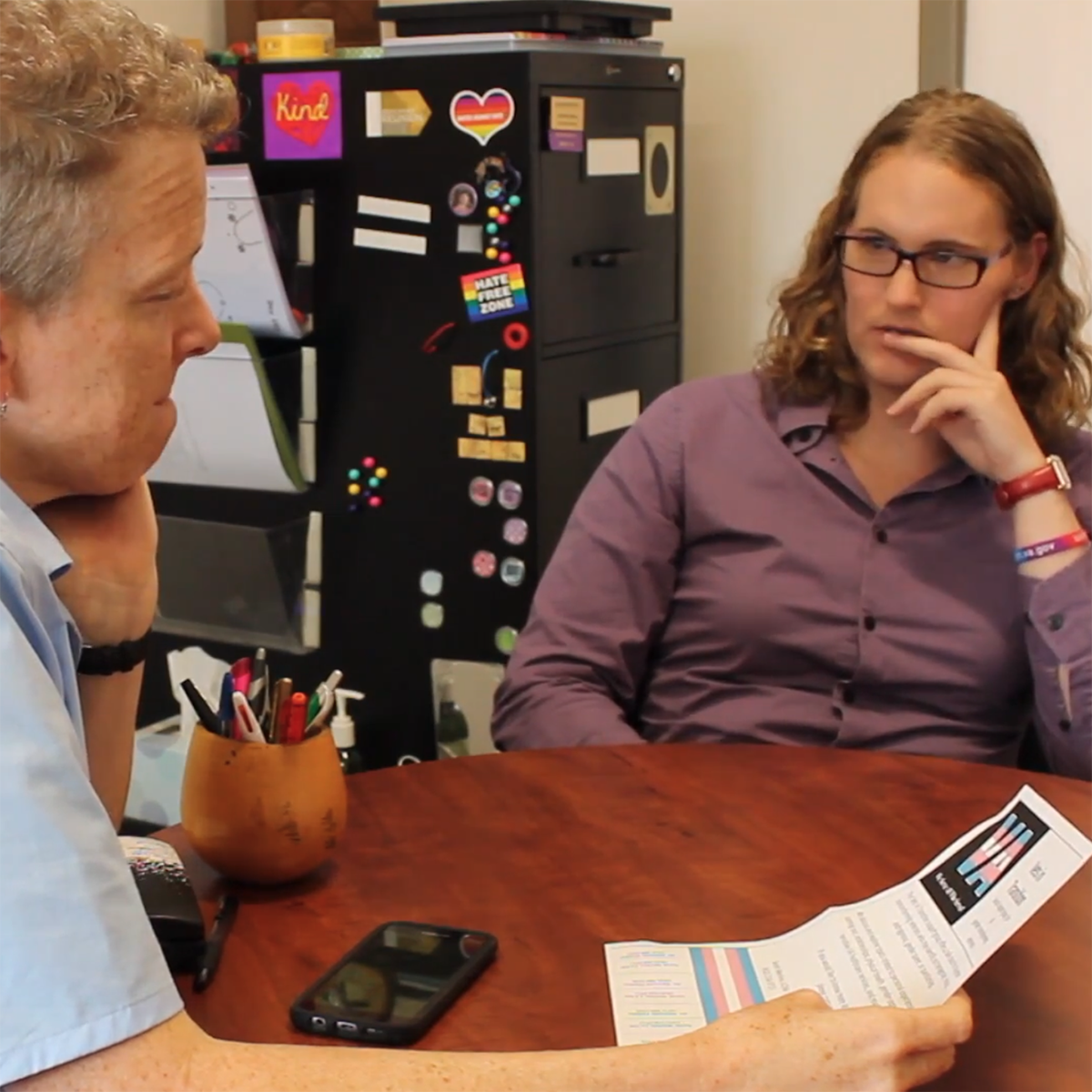

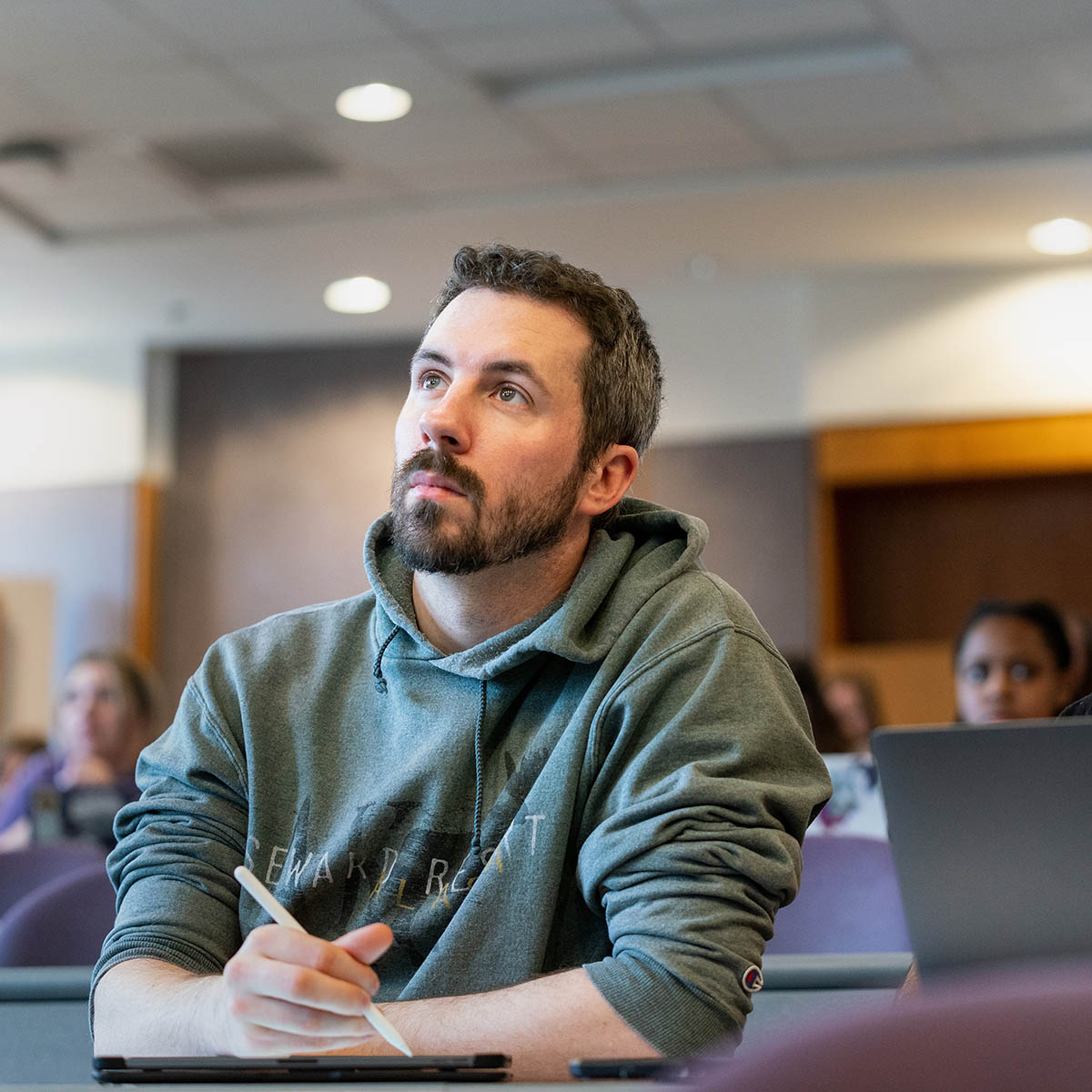

Alumni Careers
Graduates have gone on to work for organizations including Mercy Behavioral Health; Cleveland Clinic; re:solve Crisis Network; Family Behavioral Resources; University of Pittsburgh; Pittsburgh Action Against Rape; Carnegie Mellon University; Gateway Rehabilitation Center; Mon Yough Community Services, Inc.; Episcopal Diocese of Pittsburgh; and the Matilda Theiss Child Development Center.

